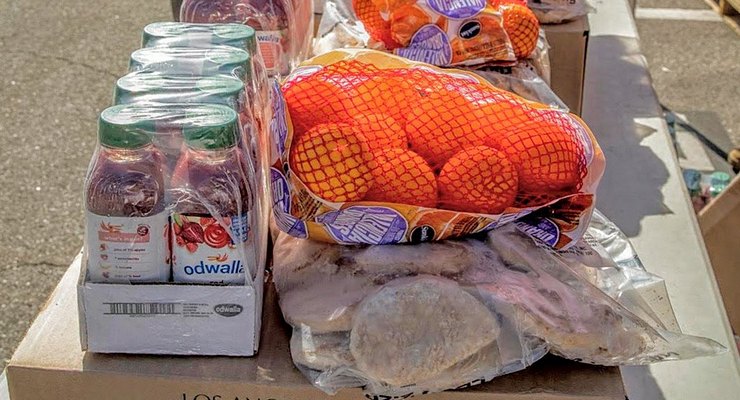
In separate rulings issued Friday, U.S. District Judges Indira Talwani of Massachusetts and John McConnell Jr. of Rhode Island directed the U.S. Department of Agriculture to tap into $5.3 billion in contingency funding to continue Supplemental Nutrition Assistance Program (SNAP) payments, despite the ongoing federal shutdown. Both judges gave the agency until Monday to determine how it will comply.
The decisions came just hours before the Nov. 1 deadline, when SNAP benefits for nearly 42 million Americans were scheduled to lapse. Talwani, ruling from Boston, said it was “hard to understand how this isn’t an emergency” given the scale of need and the existence of a fund designed for crises. McConnell’s ruling echoed that sentiment, finding the administration’s refusal to use the fund likely unlawful and harmful.
The USDA has argued that the contingency fund cannot cover the full $8.5 billion to $9 billion needed for monthly SNAP disbursements. Officials also warned that even if compelled to act, states may face delays in restoring benefit systems, potentially leaving some households without full assistance in early November.
The lawsuits, filed by a coalition of Democratic-led states, contend that the administration’s decision violates federal law and is “arbitrary and capricious” under the Administrative Procedure Act. They argue that Congress created the contingency fund specifically to prevent aid interruptions during emergencies.
In Pasadena, more than 17,000 residents rely on SNAP benefits through California’s CalFresh program. On Wednesday, Mayor Victor Gordo and Councilmember Justin Jones met at City Hall to coordinate with local food banks in anticipation of a possible disruption.
While the USDA has not yet confirmed its compliance, the dual rulings provide a legal basis for states to begin preparing for emergency disbursements. The outcome could set a precedent for how contingency funds are deployed during future shutdowns.


















